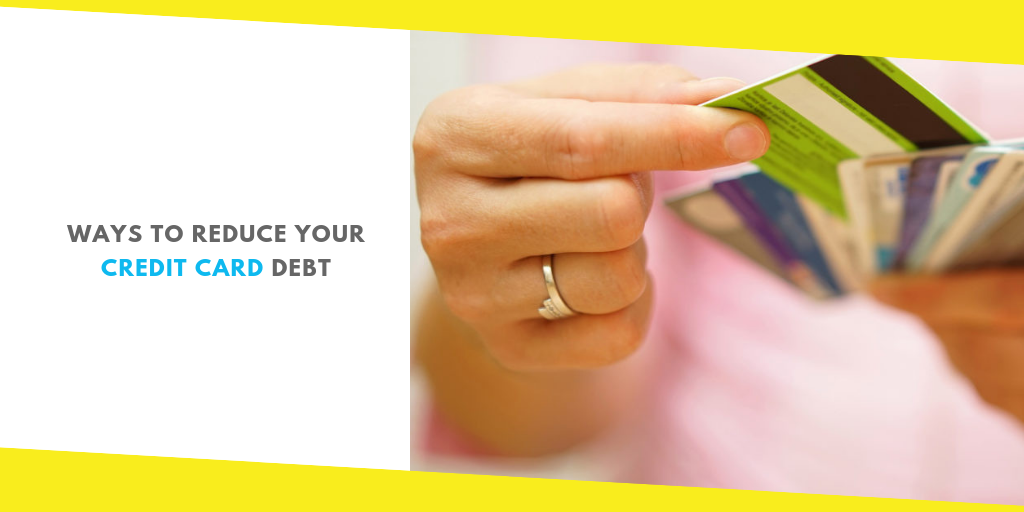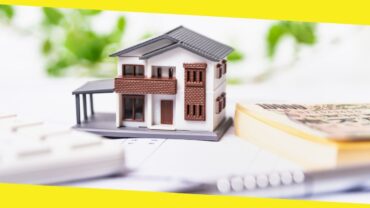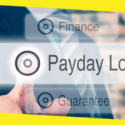Ways to Reduce Your Credit Card Debt
This post was last updated on March 27th, 2024
Do you feel like your credit card debt just keeps increasing? And, no matter how much you try to catch up to it, it always seems one step ahead of you. And if you have multiple credit cards, you know that it can get very difficult to manage. But, don’t lose heart. Following a few simple steps can help you reduce your debt significantly. With a little bit of calculation, planning, and will power, you can get ahead of your debt and beat it. Here are a few steps and financial solutions that can help you.
1. Taking stock
First things first, you need to know exactly where you stand. Start by making a list of all your debt. Write down the creditor’s name, the total amount you owe them, and how much your minimum monthly payment amount is. You should also note down the interest rate and the payment due date for every debt. Once you have all this information down, you can move on to figuring out how you are going to tackle your debt.
2. Setting up a plan
Once you know exactly how much you need to pay off in total, it’s time to set up a payment plan for yourself. You’ll need to take a couple of things into account when you do this.
3. Analyse your spending behaviour
Pull out your credit card and bank statements and figure out where you spend your money. Organize your spending into categories. Put down all your basic monthly expenses such as rent, car, food, utility, insurance premiums, and minimum monthly payments on your debt under one category. Make another list for all the expenses that are inessential. By doing this, you will be able to figure out your spending patterns and will be able to determine how much money you have left to work with.
4. Determine what you can afford to pay
Once you put your income against your essential expenses, you will be able to see the maximum amount of money you can afford to pay towards your debt. At this time, you can also start thinking about putting some money aside for emergencies and any other extra expenses that you may incur. Keeping all these things in mind, you can now start making a payment plan by deciding how much money you want to pay towards which debt.
5. Give yourself goals
Setting up payment goals for yourself is going to help you manage your debt better. You will need to follow your plan with discipline if you want to get things in order. Put up your goals somewhere you can see them all the time. Doing this will serve as a frequent reminder of all the things you need to work towards in order to free yourself from debt.
6. Strategies to follow by yourself
There a few simple strategies that you can use while making a plan and setting up goals for yourself which will make things easier.
7. Stop creating more debt
One way you can stop your debts from growing out of hand is to stop creating more of it. You can stop swiping your credit cards for the things you need to buy. Instead, try using your debit card or cash, as these won’t add to the piling interest on your credit card. If you keep accumulating more debt on your credit cards, you won’t make any progress at all.
8. Eliminate what you don’t need
From your monthly expenses, figure out what you can do without. Do you have a gym membership that you don’t use? If you aren’t planning to use it, you should consider opting out of it. Same goes for other memberships or subscriptions you may have. Doing this will give you just a little extra cash on hand for your other needs.
9. Allocate yourself an allowance
Make a monthly budget for yourself. Once you figure out how much money you need for your daily expenses, you can specify an allowance for yourself. You can use two techniques to do this. Either allocate a daily allowance that covers all your needs, or determine how much you will need to spend on each necessity every month.
For example, you can calculate how much money you’ll need for food and travel each day and only limit your expenditure to the allocated amount. Or, you can use the envelope method and keep the monthly allowance for each need like food or travel in separate envelopes. So when you head out of the house, you can withdraw money from each envelope for what you need. This will help you avoid overspending.
10. Curb yourself
Try to avoid things that are overpriced. Splurging on an expensive piece of clothing or an elaborate dinner might feel nice at the moment, but it will not help you improve your financial condition. Instead, look for alternatives that are more pocket friendly for you.
11. Get more out of your money
Trying to save money does not mean you don’t spend on anything at all! Look for ways you can get more out of your money. Try to use discount coupons when you make purchases, order food, or dine out. If you are going shopping, be on the lookout for places that have ongoing sales. Discounts get you the things you want and also save you money at the same time.
12. Eliminate your debt one by one
If you follow the strategies mentioned above, you should have more cash distribution available on hand. Now, you can start eliminating your debts faster by targeting one debt at a time. One way to do this is to start with the smallest one. You can pay the minimum monthly on your other debts, and try to pay off as much as you can on just the smallest one. This way you will clear the amount in no time. Once you are free of one debt, you can direct the amount you were paying on that towards the next one you want to cross off your list. This is called the snowballing method. What this does is that it enables you to keep increasing the amount you pay as an instalment.
While doing this, pay close attention to the annual percentage rates (APR) on your debts. You may want to start the snowballing process with the debt that has the highest APR. This way you can avoid accumulating more interest on your debt.
13. Seek external relief
Now that you have seen a lot of steps that you can take by yourself, let us see some external options you can consider. Banks and other financial institutions offer several solutions to help you manage your debt.
14. Ask your creditor for a lower rate
Before resorting to other options, approach your creditors first to see if you can get better interest rates from them. When you go in for negotiations, keep all your facts handy. Note down your current interest rates, your tenure with your creditor, and how diligently you make your payments.
By doing this, you may be able to lessen your credit burden and will be able to finish repayments quicker.
15. Balance transfer
Another way you can fast-track your debt repayment is to opt for a balance transfer on your credit card. A balance transfer allows you to transfer one credit card debt to another. In doing so, you can get more favourable interest rates to help you clear your debt faster.
The biggest advantage of this is that you are charged lower interest rates in comparison to your old credit card. Some banks even offer a short interest-free period, giving you the opportunity to pay off as much as you can without incurring interest on your debt. If you utilize this option well, you can clear your debt very quickly.
Keep in mind that if you choose to go for this option, try to clear as much as you can during the interest-free period.
16. Personal loan
Another option you can consider to get rid of your credit card debt is to take a personal loan. Interest rates on personal loans tend to be lower than the ones you incur on credit cards. If you clear your entire outstanding credit card debt with a personal loan you may not only end up paying less every month but also in total.
17. Stick to your goals
Although debts can be overwhelming if you put your mind to it and dedicate yourself to achieving your set goals you can get yourself out of it. Remember, sticking to your plan and keeping your spending behaviour in check are essential for this. And if you maintain a good payment behaviour, your credit score will get even better, giving you access to more in the banking industry.
Recommended For You
How can Self-Employed People Apply for a Home Renovation Loan?
Most Inside
Most Inside offers high-quality recommendations and valuable updates to enhance all aspects of your life, providing premium guidance and enriching experiences.





